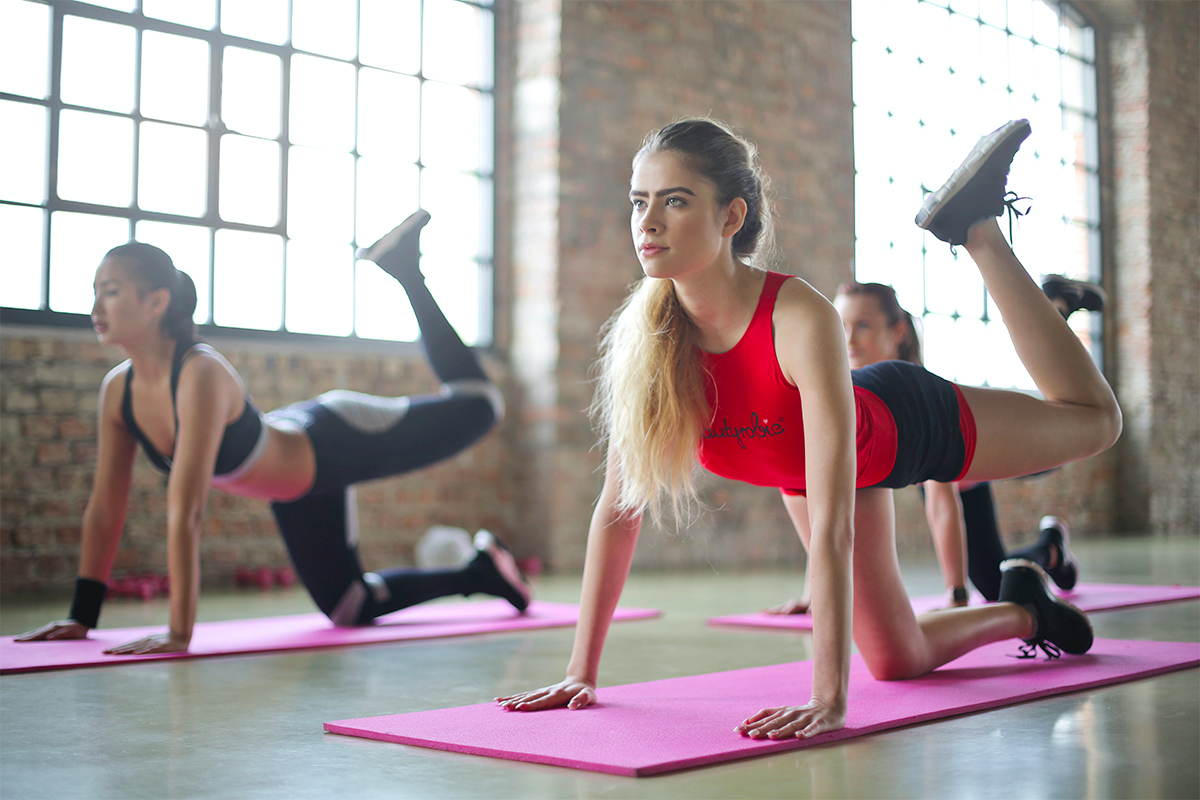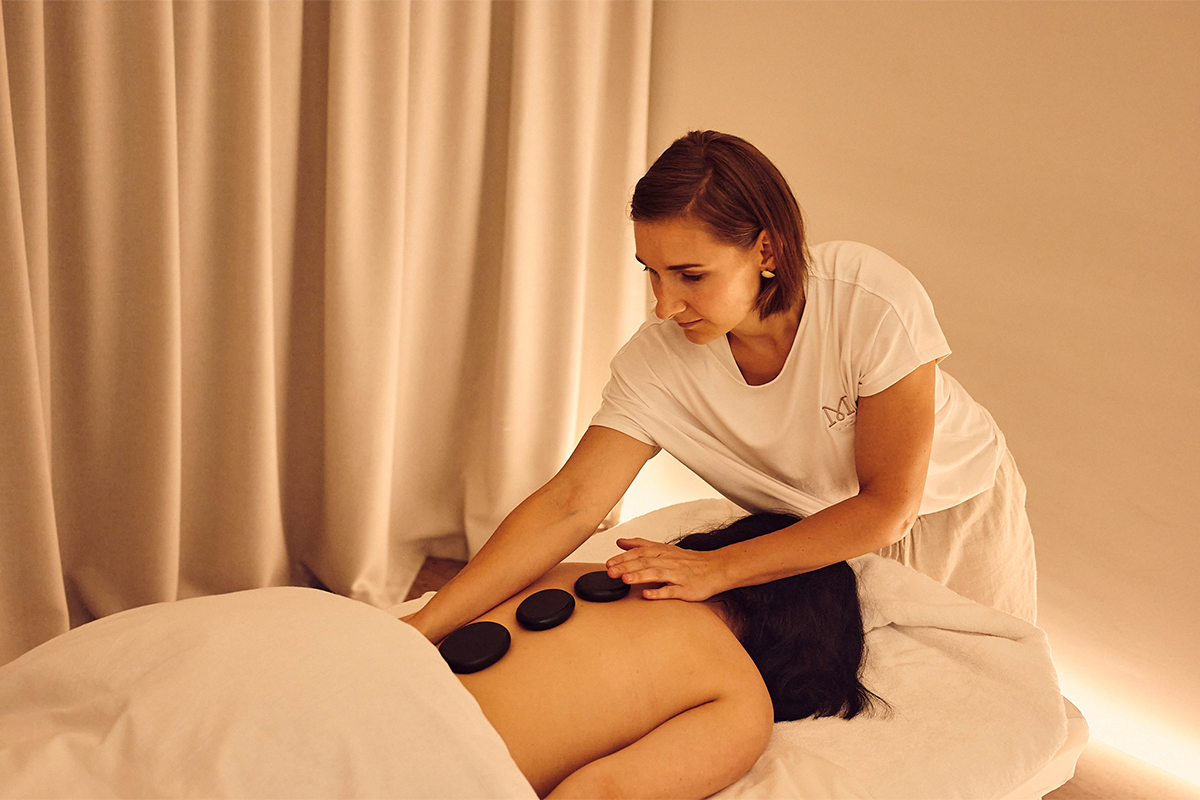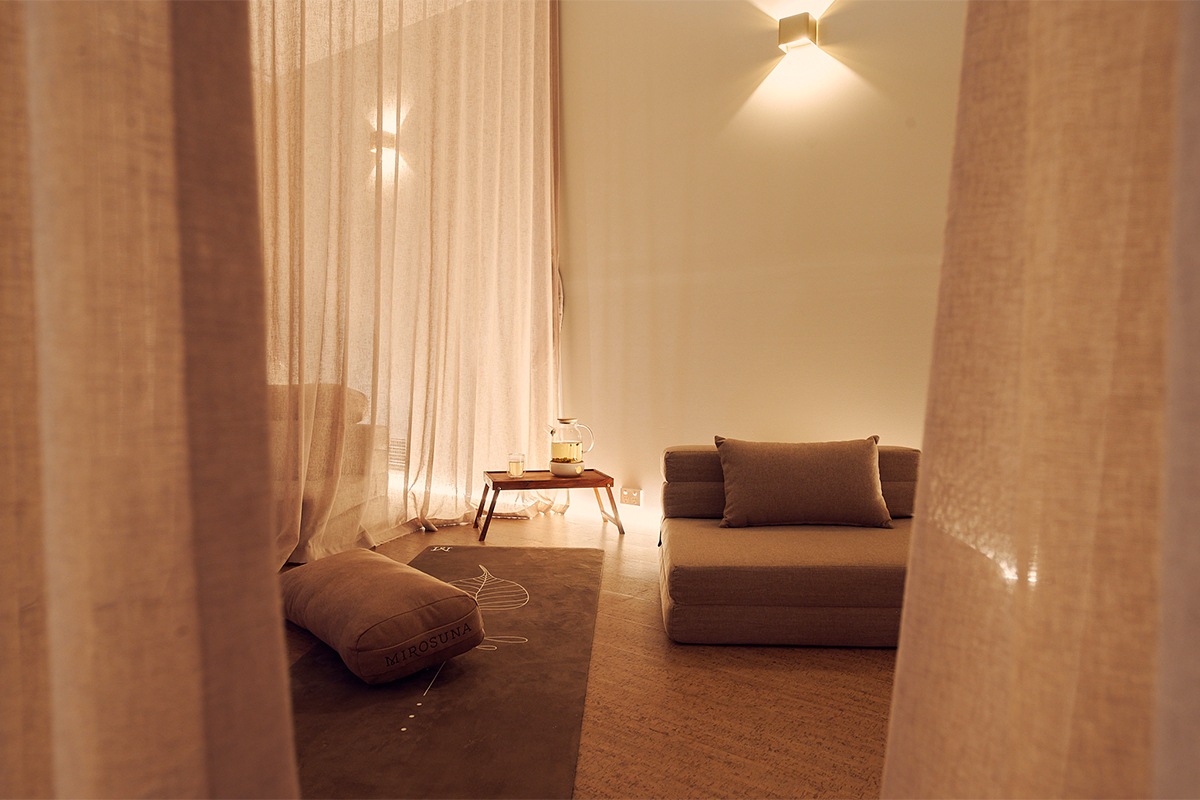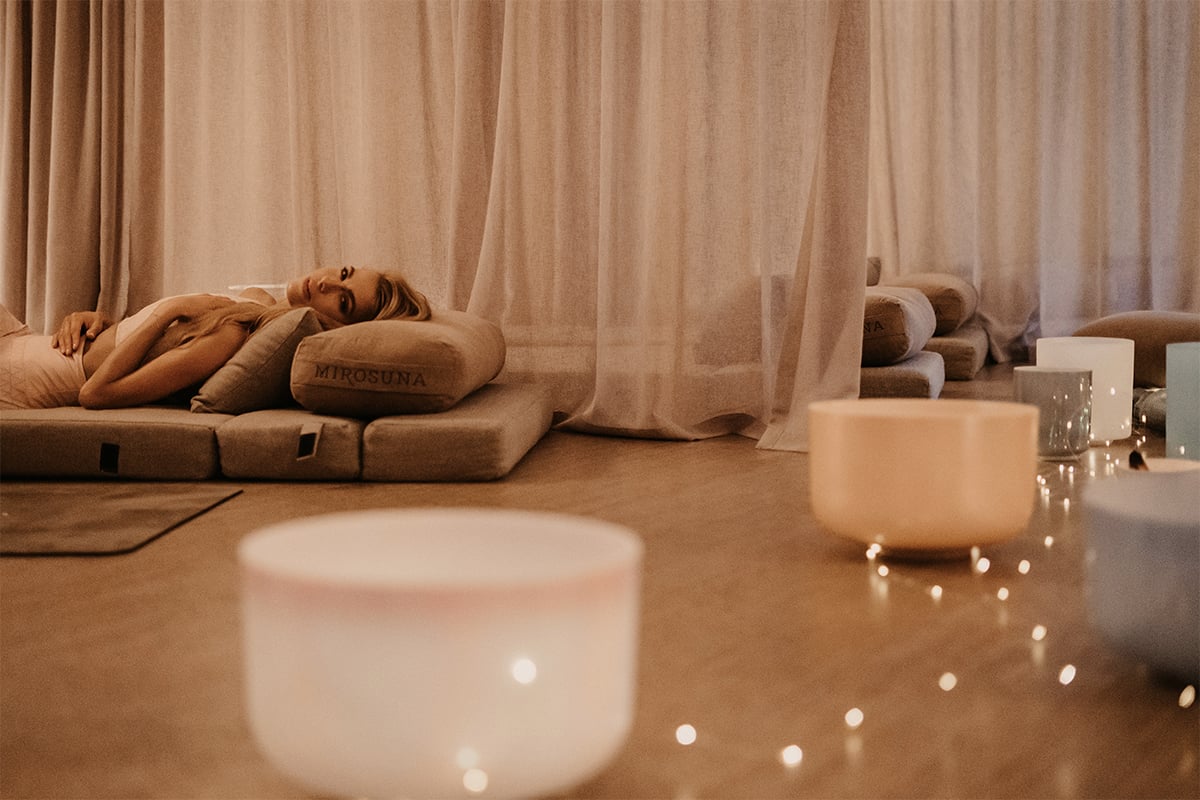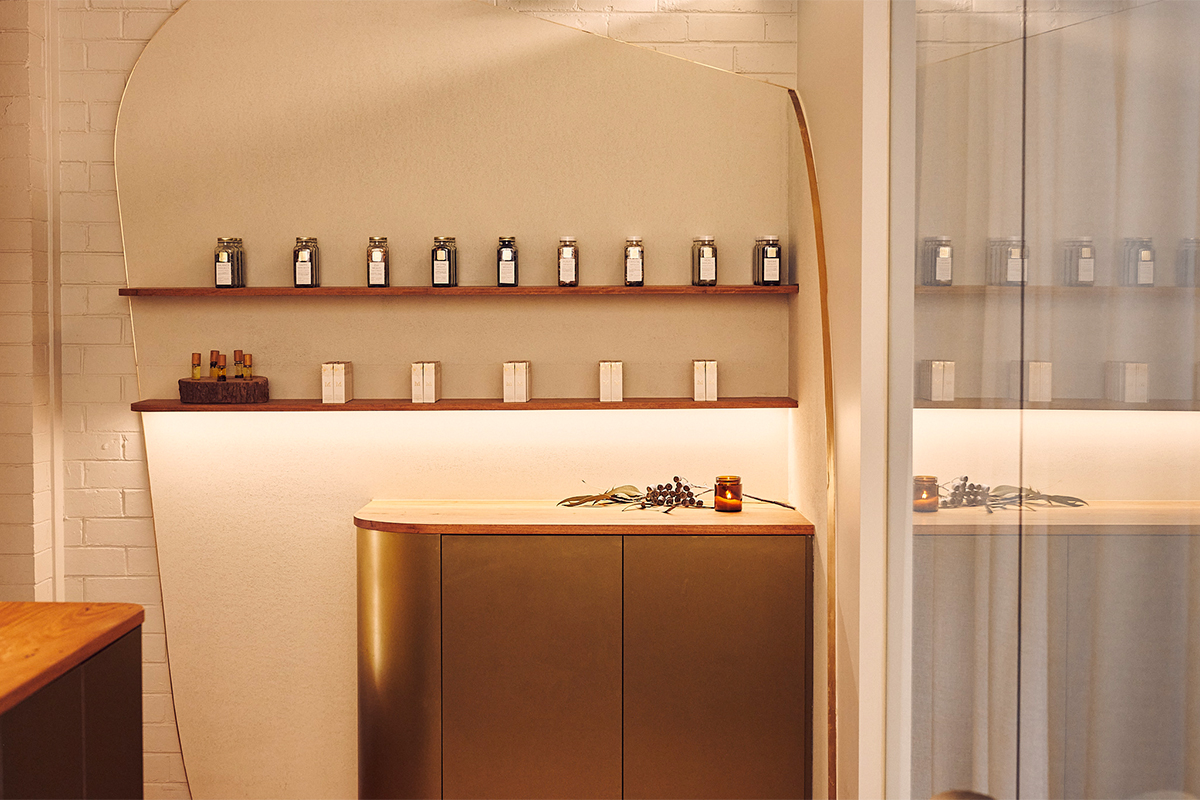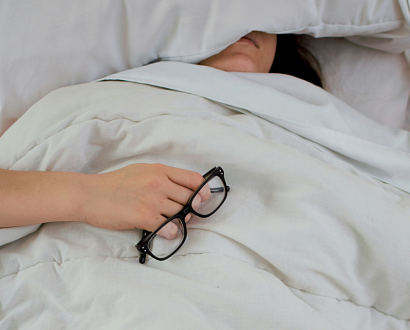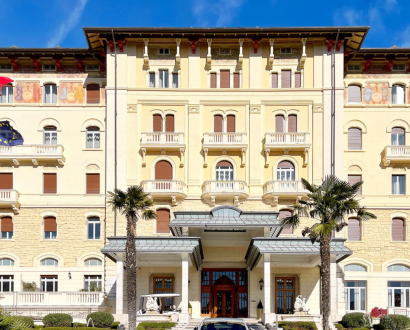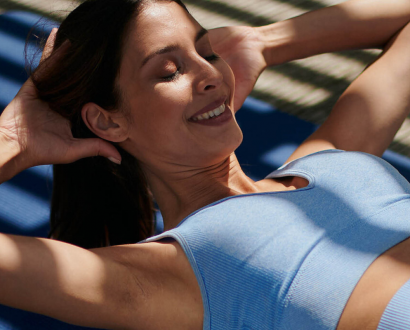COVID-19 has been described as a mass trauma that has changed the way we live, work and view each other as a global collective. While some of us have been faced with unemployment, others are coming to terms with new types of pressure associated with a hybrid work model, one being creating boundaries between work and leisure time as they become increasingly fluid.
Jen Fisher, Chief Well-Being Officer at Deloitte US, firmly believes that an overworked workforce negatively impacts all other areas of your business, and that a company culture encouraging this is a marker of failure rather than success.
“When a workforce has a mental health-focused culture, they’ll be more engaged, productive, innovative, creative and loyal.”
“It’s so fascinating to me that we lock up our homes, we lock up our cars, we lock up our stuff – but when it comes to boundaries for our own personal wellbeing, we just give it away. You know: just come in, take it and rob me,” Fisher affirms.
The Chief Well-Being Officer encourages workplaces to have open and authentic conversations that go beyond the superficial phrases we’re so accustomed to hearing, and instead probe deeper into how colleagues are sleeping and finding time for moments of joy.
She explains, “When a workforce has a mental health-focused culture, they’ll be more engaged, productive, innovative, creative and loyal.”
According to the Vitality Works ‘Corporate Wellness in a New Era Survey’ conducted in 2020, more than 82 per cent of organisations consider having a health and wellbeing strategy a high or very high priority compared to 40 per cent in 2019.
“This year’s survey, which unveils seven insights on the next 12 months of corporate wellness, clearly pinpoints that the singular most important strategy to optimise future corporate wellness is to genuinely see and value the whole person, not just the worker or their work. Strategies that support the mental wellbeing of employees will be paramount,” says Cathy McDonald, Executive General Manager, Vitality Works.
The survey also revealed that more than 30 per cent of the companies that were surveyed across Australia and New Zealand fail to measure how effective their health and wellbeing programs are.
This brings into question whether employees are actually receiving the help they need in order to be productive and contribute to their organisations in the way that they are being asked to.
A unique approach to corporate wellness
On a mission to change people’s understanding of corporate wellness, Mirosuna, located in South Melbourne, offers a luxe space for busy professionals to unwind with a bespoke approach.
As an ex-corporate, Mirosuna’s Founder Sally Kellett has a sound understanding of the concerns of high-flying executives and CEOs, who often struggle to find the time to unplug themselves from their hectic work schedules.
“There is so much stress right now in a whole different way that we have never seen, and so when people come to Mirosuna they are literally exhausted,” she reveals. “They’re just really struggling to switch off and they don’t know how and they don’t know where. They can’t do it at home and they can’t do it at work.”
Through word of mouth, Mirosuna has grown its clientele and converted sceptics of mindfulness and meditation into devotees, who come to realise the importance of prioritising moments for rest and relaxation throughout their week.
“The world has portrayed that productivity is rewarded and that you should look productive and that you should be able to handle everything like a boss, but that’s not what humans are built for,” Kellett says.
The main trend Kellett and her team observe from their clients is exhaustion that unfortunately isn’t helped by a workplace culture where genuine wellness and productivity targets are in conflict.
“The narrative that we get from everyone is they’re desperate to relax because they’re so busy, but they don’t know how because how can you when every day you’re put under so much stress?”
A wellness sabbatical where work, productivity, connectivity and wellness can successfully come together is certainly not an easy task, but it’s something which the team at Mirosuna specialises in creating for professionals.
Good input translates to good output
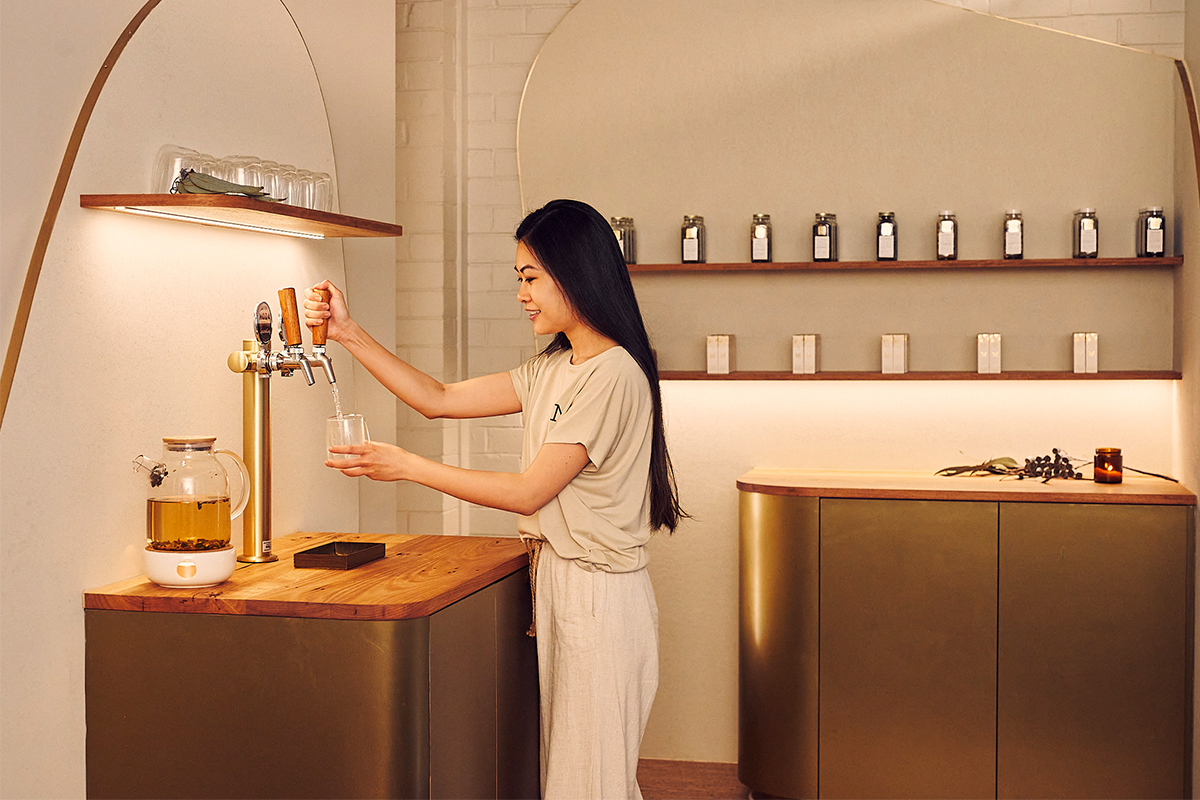
“What we’re learning now as a global community is you can’t have good output if you don’t have good input,” Kellett points out. “If your team is not well – and I mean physically, emotionally, mentally, spiritually well – they’re bringing their input into that and then the project or whatever you’re trying to achieve strategically as a company is not born out of a place of wellness; it’s not born out of a place of concern for people.”
Having witnessed firsthand the tick-box approach to wellness that can be transactional by providing a one-off experience for employees which lacks the continuity or genuine care they are seeking, Kellett instead designed a premium wellness studio to provide meaningful experiences.
“Unfortunately, the way I used to relate to corporate wellness was a company trying to tick a box. That was just the sad reality,” she says. “To me, it is a genuine care that starts from the employer wanting to make a difference to their team, and in a team environment, in a workplace environment.”
With group and individual sessions available, it can be easy to choose the most comfortable option rather than the one that will be most beneficial.
“Unfortunately, the way I used to relate to corporate wellness was a company trying to tick a box. That was just the sad reality” – Sally Kellett
“It’s really funny because people always want to work one on one, but the research actually shows us that people benefit the most when they’re working in a group, so we have to educate people that what you want is not always what is best for you,” Kellett adds.
The results from the programs have seen people who have suffered from burnout return to work earlier than anticipated.
“We have a lot of people who’ve told us that their insomnia has gone,” she shares. “We’ve had people who came to us because they’re completely unable to work because of being burnt out, and we’ve seen these people be able to go back to work in a very fast time compared to what was originally expected from them.”
According to social researcher Brené Brown, vulnerability drives innovation, creativity and change, and providing a safe space for this to emerge is how Mirosuna is able to help people who are accustomed to showing strength at all times.
“We empower people to change their lives because we love and support them, and that is something they don’t feel they get from their friends, their family or their psychologist or any of their therapists,” Kellett says.
Clients report that one of the advantages of attending sessions is a sense of relief from placing their needs and concerns in the hands of a qualified practitioner, Kellett adds.
“As a wellness officer, it doesn’t mean you work with people’s mental health every day, so it’s very hard for someone like that to actually tailor a session for them. My biggest advice would be to work with a professional who does this all the time.”

